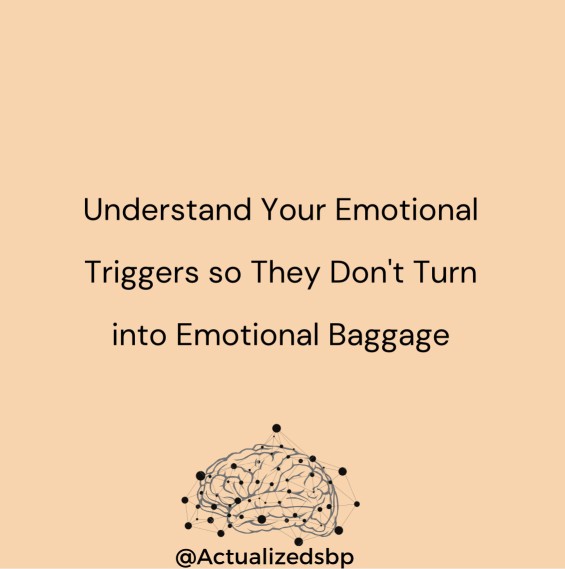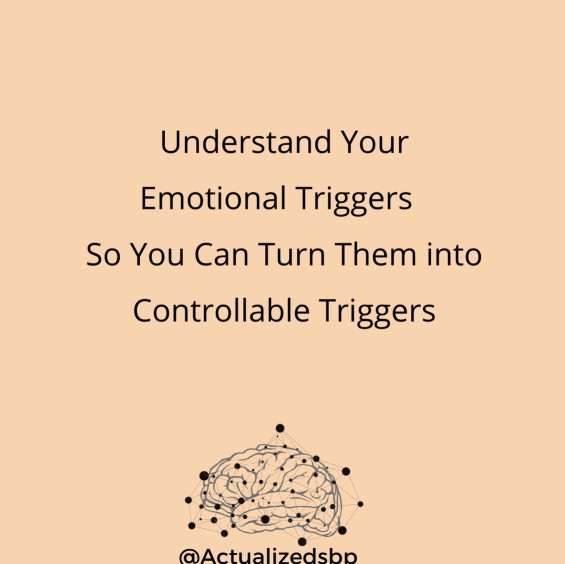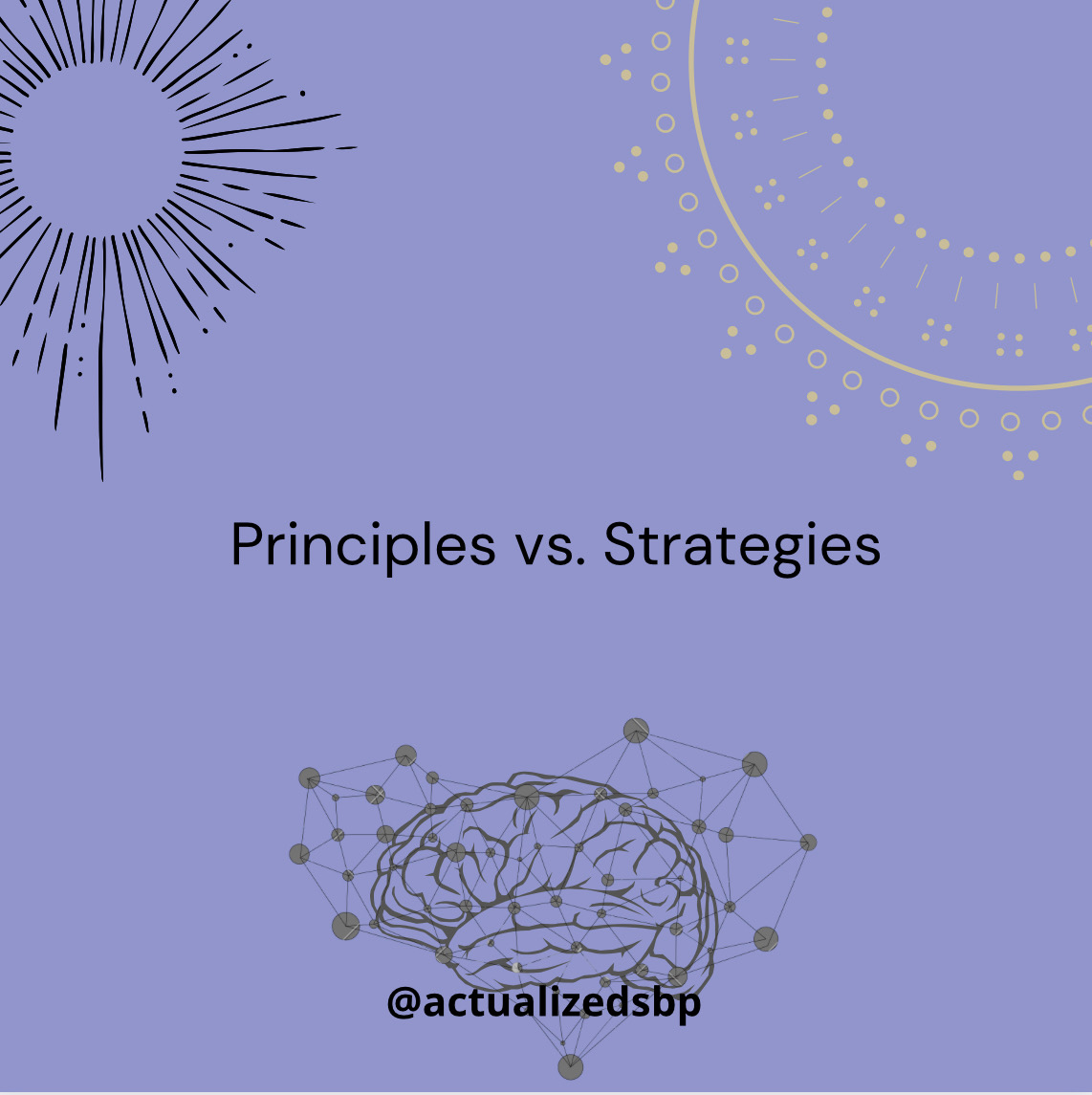Bits And Pieces
Why Are We So Obsessed With Ourselves?
Anyone who knows me will tell you that I'm fascinated by astrology. While some dismiss it as "woo-woo" stuff, I believe there’s a kernel of truth in every school of thought worth considering. Although I'm not deeply rooted in the study of astrology, I dabble in it and use my general understanding to guide my reflections. This open-minded approach attracts me to anything that helps broaden my perspective, deepen my self-understanding, and explore what lies beyond our conscious minds.
Recently, I got to know someone named Zero. Over the past few months, our work conversations have often gone beyond surface-level topics. She finally gave me the chance to look at her natal chart, and I picked up a few things that caught my attention. After sharing my thoughts, she asked me an intriguing question: "So why are we obsessed with ourselves?"
Rather than immediately sharing my own thoughts, I asked her to share her opinion first. I was more interested in understanding her viewpoint than simply delivering my own. After she shared her thoughts, I offered my opinion. However, the conversation was so intriguing that it inspired me to write a mini blog, which I have expanded on here.
The question of why we are obsessed with ourselves touches on several layers of human behavior and psychology. Self-obsession is a complex interplay of psychological, developmental, evolutionary, sociocultural, and existential factors. Using the 5 Whys method to explore why we are obsessed with ourselves can help uncover deeper layers of understanding. Here’s how we could approach it:
Why #1: Why are we obsessed with ourselves?
Answer: Because we naturally prioritize our own experiences and perspectives.
Why #2: Why do we prioritize our own experiences and perspectives?
Answer: Because our brains are wired to focus on self-preservation and personal survival.
Why #3: Why are our brains wired for self-preservation and personal survival?
Answer: Because evolutionary mechanisms have developed to ensure that individuals look after their own needs to survive and reproduce.
Why #4: Why have evolutionary mechanisms developed this self-focus?
Answer: Because being attuned to one’s own needs, dangers, and opportunities increases the chances of survival and passing on genes to the next generation.
Why #5: Why does increasing the chances of survival and reproduction lead to self-obsession?
Answer: Because focusing on oneself helps manage resources, navigate social hierarchies, and secure safety, which are all crucial for survival in a complex social environment.
Its important to note that our limbic system, which governs our emotions and basic drives, reacts strongly to questions about "why" because these questions often involve deep-seated beliefs, leading to emotional and subjective responses.
Here are some points that can better help us understand why obsession is part of human nature.
Maslow’s Hierarchy of Needs:
Referencing Maslow's hierarchy of needs, our self-obsession can be seen as a reflection of where we are in satisfying our needs. If our basic needs (safety, food, shelter) are unmet, we become preoccupied with fulfilling them. Once these are secured, we focus on higher-level needs such as social belonging, esteem, and self-actualization. Our self-obsession shifts accordingly—from physical survival to social validation and personal growth.
Sociocultural Influence:
In modern society, self-obsession is amplified by cultural and social factors. Social media and contemporary culture often promote self-presentation and personal branding, encouraging individuals to constantly think about and project their identities. This environment can intensify our natural self-focus, making us more aware of how we are perceived by others and how we compare to societal standards.
Self-Fascination and Existential Considerations:
Philosophically, self-obsession intertwines with the human quest for meaning. Each person experiences life from their own perspective, and this subjective experience forms the core of our reality. This can lead to a sense that our existence and experiences are central, and without us, the world loses context and meaning.
Psychological Perspective:
From a psychological standpoint, this self-focus can be traced back to the limbic system. Self-obsession can be linked to the fundamental way our brain processes experiences. The human brain is inherently self-referential; it is designed to prioritize information related to the self because this has survival advantages.
Developmental and Evolutionary Factors:
Developmentally, humans are inherently egocentric in early childhood, and while we grow to understand others' perspectives, this self-focus never fully disappears. Evolutionarily, being attuned to our own needs and desires has helped our ancestors survive. This self-focus ensures that we look after our well-being, find resources, and seek connections that aid in our survival and reproduction.
In summary, our self-obsession is rooted in deep-seated evolutionary, psychological, and social factors. Evolution has hardwired our brains to prioritize self-preservation and personal survival, as these traits increase our chances of living longer and reproducing. This focus on the self is evident in how we manage resources, navigate social structures, and ensure our safety and well-being.
Additionally, psychological development during childhood reinforces egocentric perspectives, which, while moderated as we mature, never fully disappear. Sociocultural influences, such as social media, further amplify our self-focus by encouraging self-presentation and constant comparison with others.
Ultimately, understanding this helps us recognize that while self-obsession is a natural part of being human, we can balance it with empathy and consideration for others to lead more harmonious and fulfilling lives.
What I'd like to leave you with is: What are we obsessing over, our creator self or our creature self?
Emotional Baggage and Controllable Emotional Triggers

Everyone, even a person who appears to be healthy, has faced some sort of painful situation in life. This could be something like losing a parent, being bullied in school or facing rejection, suffering domestic violence, or sexual abuse, etc.
Whatever the case may be, painful situations impact our emotional world and create injuries to varying degrees. Some people treat these injuries very much like the junk everyone has lying around their house and make no effort to clean it.
Surrounding yourself with more things than you can manage, leads to stress and feeling like life is out of control. Many people banish their emotional junk to the attic or basement because as the saying goes “out of sight, out of mind.” But in fact, clutter will live forever and it's just a matter of time before that proverbial attic or basement runs out of space.
In other words, when emotional injuries are left untreated they turn into our baggage i.e. a collection of things gathered through our interactions that we have developed some sort of attachment to.
These attachments manifest in the form of defense mechanisms in different areas of our life. They become the source of our internal conflicts and many unhealthy behavioral patterns which can lead to a string of unhealthy relationships and repetitive toxic cycles. In short, it causes hurt and pain for all the people involved.
However, some people have realized the importance of resolving past issues. They view these injuries as the souvenirs that we gather over time from our trips to different places. They accept that there are things they need to work through. They give themselves time to nurture their wounds before it gets infectious. When these injuries are healed properly they transform into controllable triggers. When we invest time and do the work, we learn how to love ourselves as a whole and not in fragments. It is only then that our interactions will come from a place of love and not from a place of insecurity.
To deal with lingering issues, you first need to make the conscious decision to take control of it.
If you are tired of living in denial, check in with yourself and assess the quality of your interactions :
If these unhealthy relationships are the result of your choices, then do some self-reflection and ask yourself why do I choose these types of people? What is it that keeps me stuck in unhealthy cycles?
If these unhealthy relationships are the result of the way you communicate, then do some self-reflection and ask yourself what would it take for me to solve this problem permanently? How willing am I to soften the edges? Who can I ask for help?

Strategy Vs Principle

Principles are the reminders. They read simple and appeal to common sense. For instance: “ Make your choices carefully for each decision is a part of your destiny.”
Principles are deep multi-layer concepts that are by nature generic, abstract, and timeless. Principles allow you the flexibility to apply them to any context.
Then again, part of the challenge is where to apply the principle and how to integrate it into your life.
Strategies, on the other hand, are specific, concrete, and conditional solutions. A set of action steps that the creator has developed through years of physical work, psychological labour to accomplish a specific goal or tackle a common challenge for a specific situation. For instance: A step by step guide to managing conflicts in intimate relationships.
What we often overlook is that relationship dynamics differ from one person to another, so a person’s systematic approach to solving this common challenge does not necessarily reflect the complexities and nuances of every possible situation.
Also, what seems to be easy for the creator of that system turns out to be challenging for a person who has stumbled upon that solution. That is to say, to achieve any result through the application of the solution, you not only need to intellectually understand it but also connect with it on an emotional level. This means you need to put that solution into direct experience consistently, face the obstacles before you can overcome them.
With the explanation given, strategy is correct regardless of your outcome. No matter what strategy you find here or from any other source, no one really knows the intricacies of your situation better than you. Sometimes all you really need is a safe space to think, feel, and generate action steps that match your lifestyle.
Share this post :